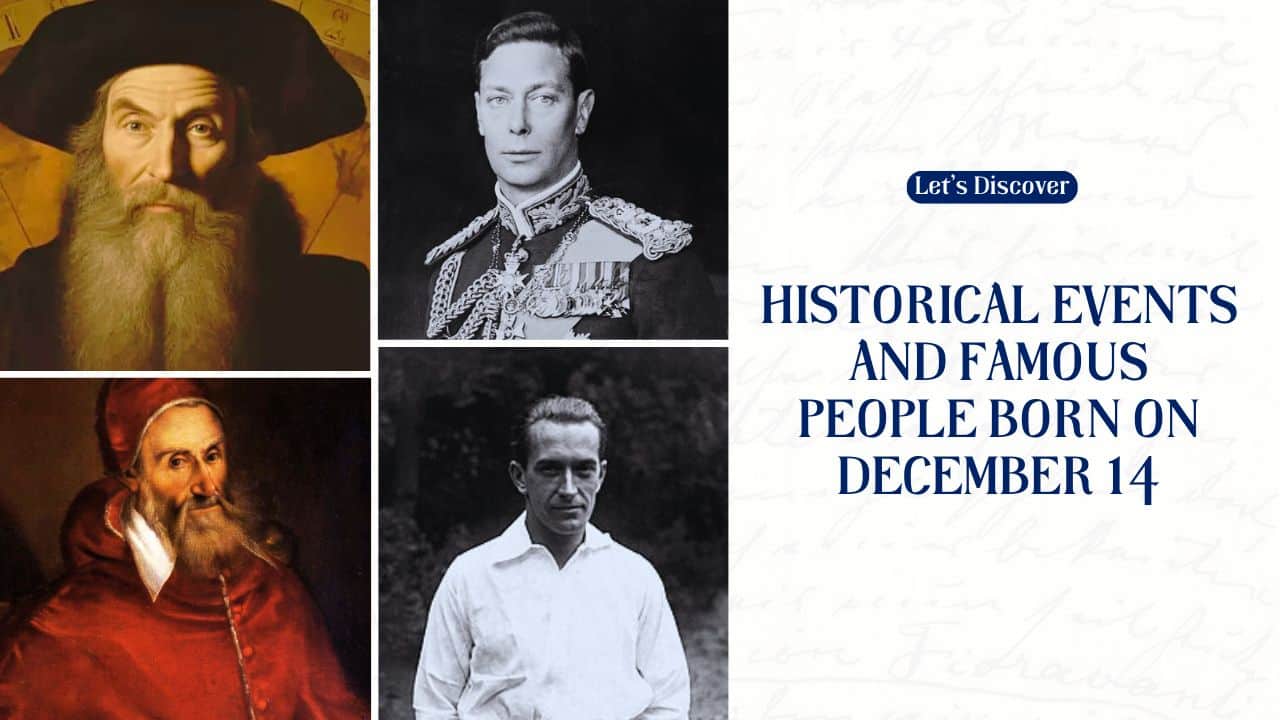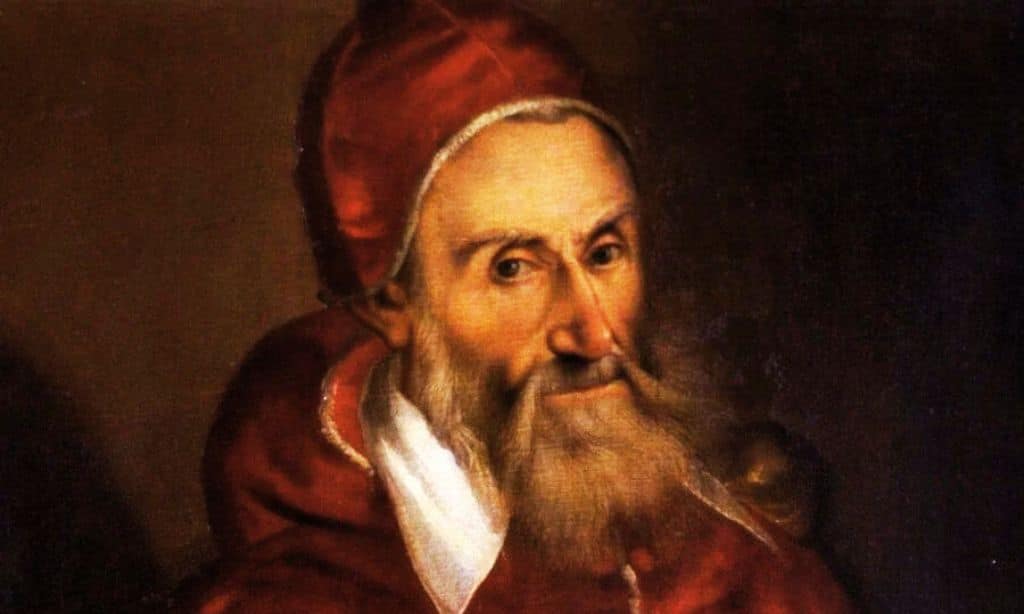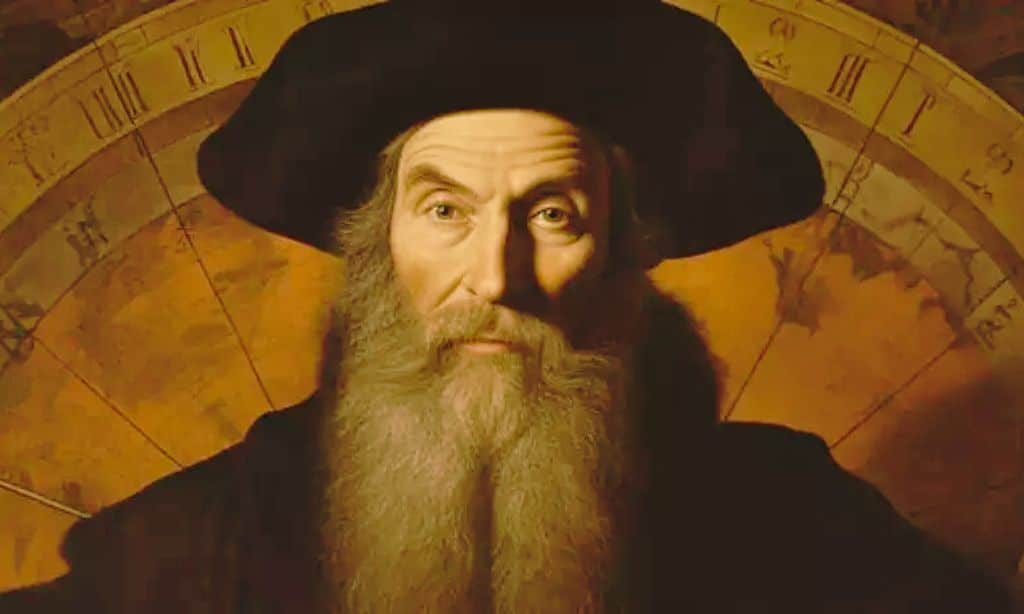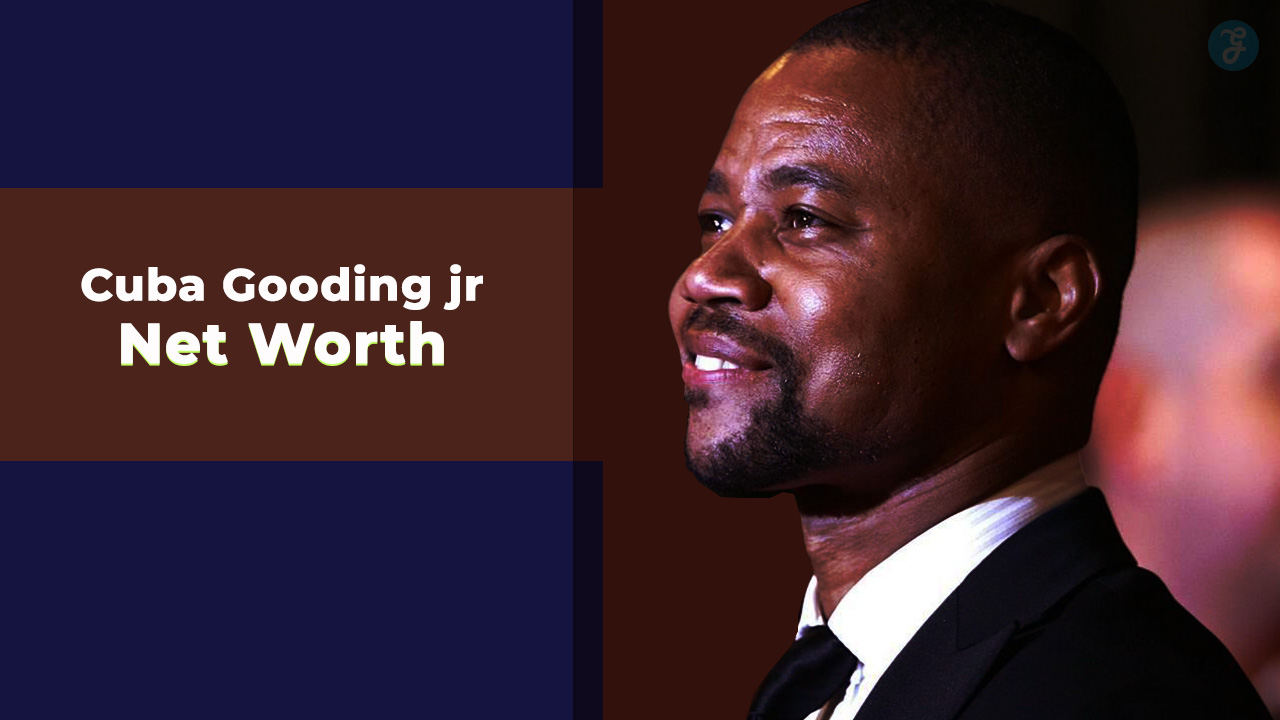December 14 is a day that marks several important events in history. From the adoption of the Gregorian calendar to the signing of the Dayton Agreement, this date is full of significant moments. It is also the birthday of some well-known individuals who made important contributions in various fields, including politics, sports, music, and science. In this article, we will look at historical events that happened on December 14 and learn about the famous people born on this day.
Historical Events on December 14
Gregory Conquers Julius Caesar I (1582)
On December 14, 1582, Zealand and Brabant in the Netherlands officially adopted the Gregorian calendar, which replaced the Julian calendar. This change was very important because the Julian calendar had become inaccurate over time. It was too long, causing the dates to slowly drift away from the seasons. The Gregorian calendar, introduced by Pope Gregory XIII, corrected this problem and became the standard calendar used by most of the world today.
The switch to the Gregorian calendar was not easy, and it took many years for all countries to adopt it. The first countries to use it were Catholic nations, but over time, even Protestant and Orthodox countries switched to the new calendar. Today, the Gregorian calendar is used worldwide, and December 14 marks an important step in the development of modern timekeeping.
Stanley Returns From the Congo (1882)
On December 14, 1882, the famous explorer Henry Morton Stanley returned to Brussels from his journey to the Congo. Stanley was known for his expeditions to Africa, and he is most famous for his search for Dr. David Livingstone, a Scottish missionary and explorer. Livingstone had been out of contact with the outside world for several years, and Stanley was sent to find him. Stanley eventually found Livingstone in 1871, famously saying, “Dr. Livingstone, I presume?”
Stanley’s 1882 journey was a significant part of European exploration of Africa. During his time in the Congo, Stanley was involved in establishing colonial control in the region, which later became the Belgian Congo. Stanley’s expeditions brought attention to Africa but also led to the exploitation and colonization of the continent. His return to Brussels marked the end of one of his most famous journeys and solidified his place in history.
Standard Ball for MLB (1938)
On December 14, 1938, Major League Baseball (MLB) agreed to adopt a standard ball for use in all games. Before this, teams used different types of baseballs, and there were variations in size and weight. The decision to use a standardized ball helped ensure fairness and consistency in the game.
At the same time, there was a debate over increasing the roster size from 23 to 25 players. While the idea was controversial, MLB Commissioner Kenesaw Mountain Landis eventually decided to allow the increase in roster size. This change helped teams have more players available for games, especially as the season got longer. Both the adoption of the standard ball and the increase in roster size had a lasting impact on baseball, shaping the game for years to come.
Lester B. Pearson Retires (1967)
On December 14, 1967, Canadian Prime Minister Lester B. Pearson announced that he would retire from politics. Pearson had served as Canada’s 14th prime minister from 1963 to 1968 and was known for his leadership during a critical time in Canadian history. He is often remembered for his role in establishing the United Nations peacekeeping forces, a major contribution to global diplomacy.
Pearson’s leadership also helped strengthen Canada’s relationships with other countries and improved its economy. He introduced important social programs, such as Medicare, which provided healthcare to all Canadians. Pearson’s decision to retire was a major turning point in Canadian politics, and he was succeeded by Pierre Trudeau, who became Canada’s prime minister and played a key role in shaping the country’s future.
The Dayton Agreement (1995)
On December 14, 1995, the Dayton Agreement was signed in Paris, officially ending the conflict in the former Yugoslavia. The war in Bosnia and Herzegovina had lasted for several years and caused tremendous suffering. The signing of the Dayton Agreement marked the beginning of peace in the region.
The agreement was signed by the leaders of Bosnia, Serbia, and Croatia, including Slobodan Milošević, Alija Izetbegović, and Franjo Tuđman, with the support of U.S. President Bill Clinton. It brought an end to the violence and established a framework for a peaceful and stable government in the region. The Dayton Agreement is remembered as a key moment in the history of the Balkans, and it helped to stop the bloodshed that had plagued the area for years.
Famous People Born on December 14
Nostradamus (1503-1566)
Nostradamus, born on December 14, 1503, in Saint-Rémy-de-Provence, France, was a famous astrologer and prophet. He is best known for his book Les Propheties, which contains predictions about future events. Nostradamus is often remembered for his mysterious and cryptic prophecies, which many believe predicted major historical events.
His predictions have been the subject of much debate, and some people believe that he foresaw events such as the rise of Napoleon, the French Revolution, and even the September 11 attacks in the United States. Although many of his prophecies are open to interpretation, Nostradamus remains one of the most famous figures in the world of astrology and prophecy.
| Name | Nostradamus |
|---|---|
| Born | December 14, 1503 |
| Occupation | Astrologer and Prophet |
| Known For | Les Propheties, his predictions about the future |
| Death | July 2, 1566 |
Maria Szymanowska (1789-1831)
Maria Szymanowska was a Polish pianist and composer, born on December 14, 1789, in Warsaw, Poland. She was one of the most important women in classical music during the 19th century. Szymanowska was known for her beautiful piano music and her contributions to the development of the piano repertoire.
Her compositions were highly regarded in Poland and across Europe, and she became famous for her piano performances. Szymanowska’s music is known for its expressive qualities and innovative style. She was one of the first women to gain international recognition as a composer, and her legacy continues to inspire musicians today.
| Name | Maria Szymanowska |
|---|---|
| Born | December 14, 1789 |
| Occupation | Pianist and Composer |
| Known For | Her piano music and performances across Europe |
| Death | October 25, 1831 |
George VI (1895-1952)
King George VI, born on December 14, 1895, in Norfolk, England, was the King of the United Kingdom from 1936 until his death in 1952. He became king after his brother, Edward VIII, abdicated the throne. George VI’s reign was marked by his leadership during World War II and his role in guiding Britain through a difficult period.
George VI is often remembered for his bravery and determination during the war, especially for his support of the British people during the Blitz. His leadership helped to rally the nation and maintain morale. He is also known for his struggle with a speech impediment, which was famously portrayed in the movie The King’s Speech. George VI passed away in 1952, and his daughter, Queen Elizabeth II, succeeded him.
| Name | George VI |
|---|---|
| Born | December 14, 1895 |
| Occupation | King of the United Kingdom |
| Known For | His leadership during World War II and overcoming his speech impediment |
| Death | February 6, 1952 |
Henri Cochet (1901-1987)
Henri Cochet, born on December 14, 1901, in Villeurbanne, France, was a French tennis player. He was one of the leading players of the 1920s and 1930s and won multiple Grand Slam titles. Cochet is best known for his victories in the French Open, Wimbledon, and the US Open.
He was part of the famous French tennis “Four Musketeers,” which included Jean Borotra, René Lacoste, and Jacques Brugnon. Together, they helped France win the Davis Cup in the 1920s and 1930s. Henri Cochet’s achievements on the tennis court earned him a lasting place in the history of the sport.
| Name | Henri Cochet |
|---|---|
| Born | December 14, 1901 |
| Occupation | Tennis Player |
| Known For | Winning multiple Grand Slam titles, part of the Four Musketeers |
| Death | January 1, 1987 |
Ernie Davis (1939-1963)
Ernie Davis, born on December 14, 1939, in New Salem, Pennsylvania, was an American college football player. He became the first African-American player to win the prestigious Heisman Trophy in 1961. Davis played for Syracuse University and was known for his incredible athleticism and skill on the football field.
Sadly, Davis’s career was cut short when he was diagnosed with leukemia and passed away at the age of 23. Despite his short life, Davis left a lasting impact on the world of sports. He was a trailblazer for African-American athletes in football and continues to be remembered as a pioneer for equality in sports.
| Name | Ernie Davis |
|---|---|
| Born | December 14, 1939 |
| Occupation | College Football Player |
| Known For | First African-American Heisman Trophy winner |
| Death | May 18, 1963 |
Takeaway
December 14 is a day full of historical significance. From the adoption of the Gregorian calendar to the signing of the Dayton Agreement, this day has seen key events that shaped the world. It is also the birthday of several influential figures, such as Nostradamus, Maria Szymanowska, George VI, Henri Cochet, and Ernie Davis, who made lasting contributions in various fields. As we remember these events and individuals, we recognize the impact they have had on history, sports, music, and politics.
References
- Biography.com. (n.d.). Nostradamus. Retrieved from https://www.biography.com/scholar/nostradamus
- Encyclopedia Britannica. (n.d.). Maria Szymanowska. Retrieved from https://www.britannica.com/biography/Maria-Szymanowska
- The Royal Family. (n.d.). George VI. Retrieved from https://www.royal.uk/king-george-vi
- Tennis Hall of Fame. (n.d.). Henri Cochet. Retrieved from https://www.tennisfame.com/hall-of-famers/inductees/henri-cochet
- Heisman Trophy. (n.d.). Ernie Davis. Retrieved from https://www.heisman.com/players/ernie-davis/





































